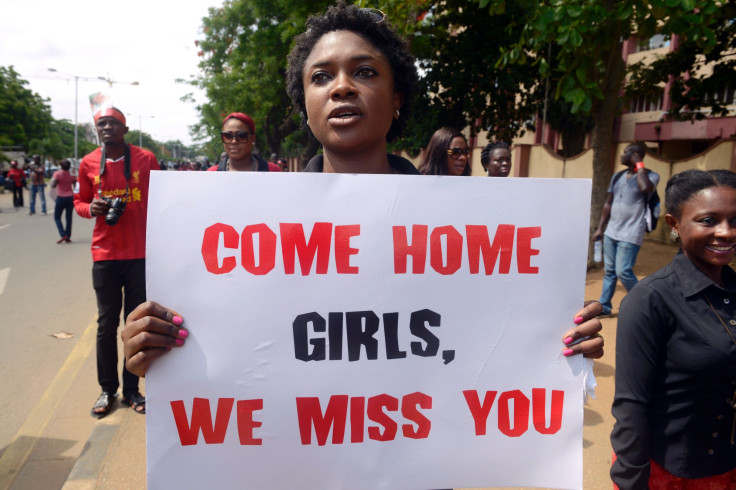Nigeria Schoolgirls Kidnapping Update: Lagos Police Hunt Armed Abductors Of Babington Macaulay School

Nigerian police are on the hunt for heavily armed men who allegedly abducted three teenage girls Monday night from a boarding school on the outskirts of Lagos, Nigeria’s commercial capital and largest city. The kidnappers apparently snatched the students from their dormitory at Babington Macaulay Junior Seminary School in Ikorodu, the Premium Times newspaper reported.
“We are working on their rescue,” Lagos State Police Command spokesman Dolapo Badmus told Premium Times Tuesday. “There’s nothing new yet, but we are closing up on them, and we are seriously working on the recovery, and we are still investigating how the occurrence came to pass.”
Some witnesses said shots were fired at the time of the kidnapping, making it difficult for the school’s unarmed security guards to intervene. Babington Macaulay Junior Seminary School, which is linked to the Anglican Church, is apparently one of the best and most expensive in Lagos state and most of the students are children of politicians or wealthy families. Following Monday night’s kidnapping, angry parents reportedly withdrew their children from the school until improved security measures are put in place.
Kidnappings for ransom occasionally occur in Lagos, but it’s the first time a school there has been attacked by gunmen. Hostages are typically released unharmed after a ransom has been paid. However, the schoolgirls’ abductors have not yet issued demands, BBC News reported.
The abduction in Lagos comes nearly two years after 276 schoolgirls were kidnapped from a boarding school in the northeastern Nigerian town of Chibok by Boko Haram militants. Since then, some of the girls have managed to escape on their own, but more than 200 are still missing and government search efforts have been unsuccessful despite a global social media campaign and pleas from international leaders.
The girls’ plight garnered attention on Twitter last year using the hashtag #BringBackOurGirls. High-profile political figures such as first lady Michelle Obama, former Secretary of State Hillary Rodham Clinton and British Prime Minister David Cameron endorsed the social media campaign. But the conversation on social media never rendered political action, highlighting the disconnect between public support and political will that often arises in international conflict.
Speaking to a panel of journalists during his first presidential media chat, Nigerian President Muhammadu Buhari said in December his administration has no reliable information or intelligence on the whereabouts of the Chibok kidnap victims. However, he said the Nigerian government is willing and ready to negotiate with the terrorist group without any preconditions to retrieve the girls.
“The honest truth is that I don’t know the actual place and state of the girls. The more reason we are trying to be very careful before we negotiate with any group. Before we negotiate with any group, we must make sure they show us the actual location of the girls. We must make sure they are complete,” Buhari said during the live, televised event in Abuja on Dec. 30. “We are looking for a credible Boko Haram leadership that will convince us that the girls are here and alive.”
© Copyright IBTimes 2025. All rights reserved.





















